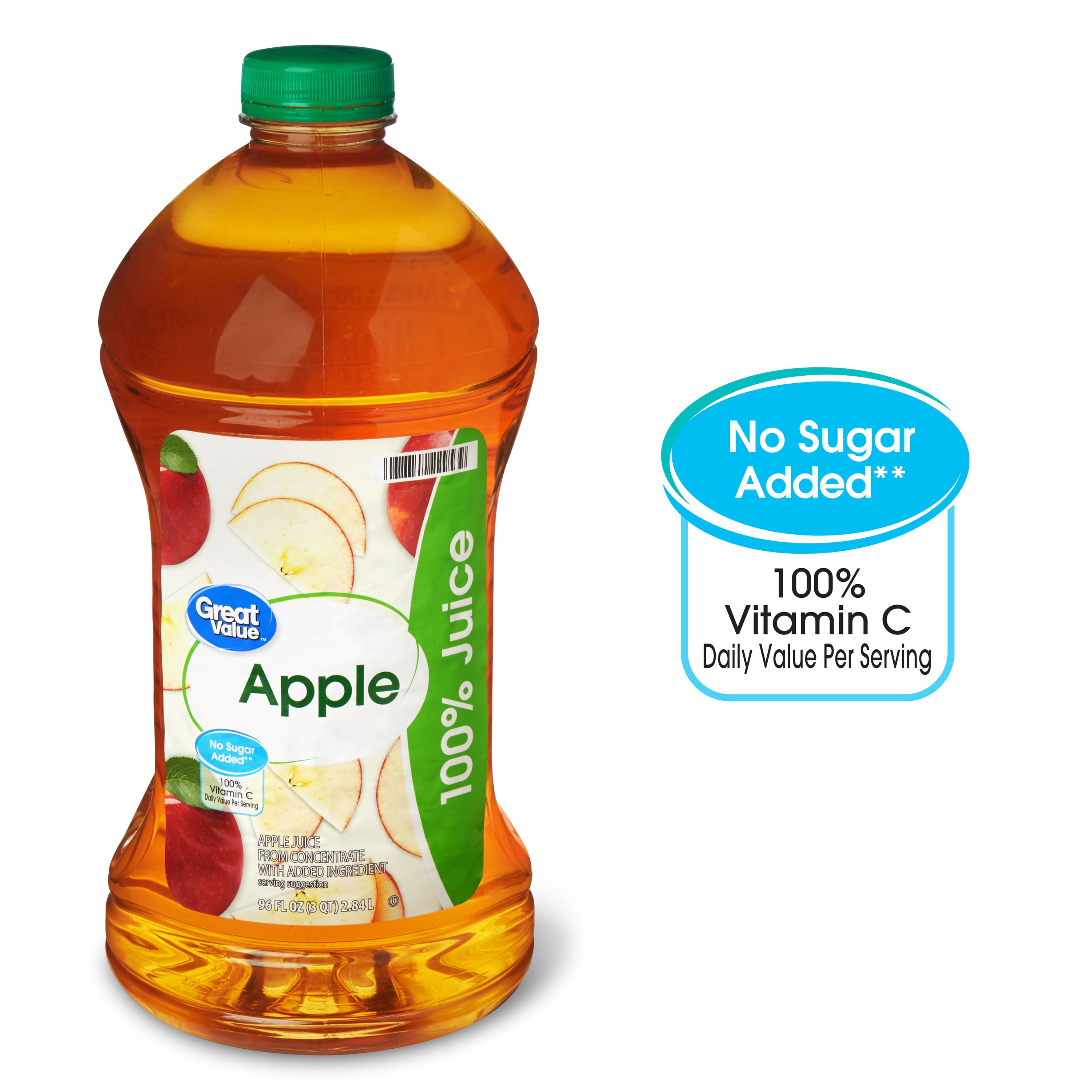

However, three juices had cadmium levels above CR's recommendation of 1 ppb higher than that amount. The FDA has not proposed a limit on cadmium for juice. Only one juice, Trader Joe’s Fresh Pressed Apple Juice, had inorganic arsenic levels above the FDA's proposed guideline – and 58 percent of the juices had levels below CR’s recommended cutoff of 3 ppb.Ī Trader Joe’s spokesperson told CR it would "investigate your findings, as always ready to take whatever action is necessary to ensure the safety and quality of our products.” The FDA has not set a guideline on inorganic arsenic, but five years ago proposed limiting it to 10 ppb in apple juice, the equivalent to the standard for drinking water. Therefore, they are also found in very low, harmless levels in many fruits and vegetables.” Naturally occurring elements such as lead and arsenic are present in the soil, air, and water. Only Welch’s 100% Juice With Antioxidant Superberry and Welch’s 100% Grape Juice, Concord Grape were found to have an average of more than 5 ppb.ĬR asked Welch’s about the "comparatively high lead levels" in those juices and a company spokesperson said, “All Welch’s juice is safe and strictly complies with all applicable legal requirements. That's because more than half of the drinks tested 1 ppb or less. Food and Drug Administration has a guideline for lead in juice of 50 parts per billion (ppb), but the CR researchers think that should be lower.
#Best apple juice brands 2019 full
Knudsen Organic Just Concord Grape Juice Welch’s 100% Grape Juice, Concord Grape Welch’s 100% Grape Juice, With Grape Great Value (Walmart) 100% Juice, Cranberry Grape Welch’s 100% Juice with Antioxidant Superberry.įor the full list, including healthier alternatives, go to Consumer Reports' website.

The seven juices that Consumer Reports found could harm children who drink 4 ounces or more daily were: Trader Joe’s Fresh Pressed Apple Juice, 100% Juice 365 Everyday Value (Whole Foods) Organic 100% Juice, Concord Grape R.W. Organic juices did not have lower levels of heavy metals than conventional ones.Juice brands marketed to children did not fare better or worse than other juices.Grape juice and juice blends had the highest average levels of heavy metal.Five of the potentially harmful drinks were juice boxes or pouches containing 4 to 6.75 ounces.Seven of those 21 juices had levels that could harm children who drink 4 ounces or more daily nine posed risks to kids at 8 ounces, or 1 cup, or more daily.Twenty-one of the juices had concerning levels of cadmium, arsenic, and/or lead.Each of the 45 products had measurable levels of at least cadmium, inorganic arsenic, lead, or mercury.The researchers noted that their findings should not lead to "definitive conclusions about specific brands." Researchers bought three samples of each product from retailers across the country. The drinks tested were from 24 national, store, and private-label brands including Capri Sun, Gerber, Minute Maid, Mott's and Welch's. “There is so much development happening in their first years of life.” “Exposure to these metals early on can affect their whole life trajectory,” says Jennifer Lowry, a physician and chairperson of the American Academy of Pediatrics’ Council on Environmental Health, in the report. More: Food blogger Alex Snodgrass of The Defined Dish shares recipe for her success

Gift card notice: Last day for Gymboree and Crazy 8 returns is Feb. Particularly concerning to the researchers was that many of the juices were marketed to children.Ĭonsumer Reports tested 45 drinks and found 21 contained enough of a single heavy metal or a combination of the metals to concern experts who worked with Consumer Reports on the study. Drinking just 4 ounces a day can cause concern, said Consumer Reports chief science officer James Dickerson.ĭrinking lots of fruit juice could compound their risk, the researchers say, because children may also encounter elevated levels of heavy metals in baby foods, rice products, and other foods, as well as from water and the environment. The non-profit consumer research and advocacy group tested 45 fruit juices (apple, grape, pear and fruit blends) sold across the U.S. and found elevated levels of those heavy metals in nearly half of them. Watch Video: Fruit juices may contain harmful metals, report findsĪnother knock against fruit juices: Many contain potentially harmful levels of arsenic, cadmium and lead, according to Consumer Reports.


 0 kommentar(er)
0 kommentar(er)
